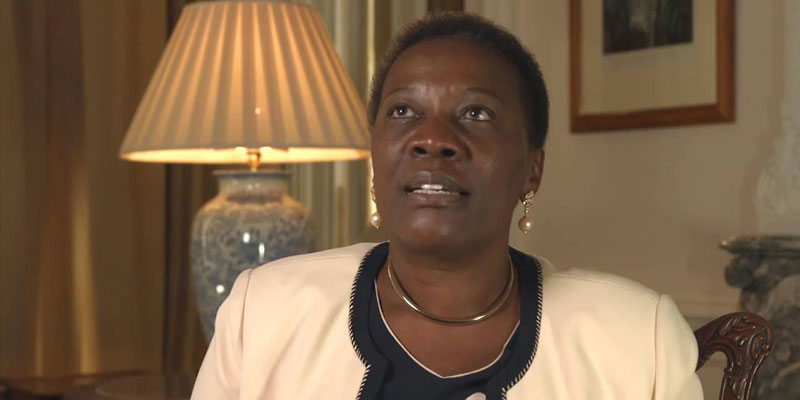The Minister of Energy and Minerals, Irene Muloni, recently signed an oil exploration agreement with an Australian investor, Armour Energy, for another opportunity at getting oil out of the ground from the Albertine Basin. This will be the umpteenth time the country signs such an agreement.
Since the start of this extraction exercise about three years ago, a number of oil companies, some notable global players in this business; others, small timers, have taken a dig at the extraction without any significant results. Meanwhile, time is fast catching-up with the usage of oil, especially in the automotive industry as against the fast increasing interest in replacing gasoline with electric cars.
A number of Western car companies are doing overtime to get electric cars into the market, possibly in three years’ time. Leading these are Tesla of the US and Mercedes Benz of Germany. But Chinese companies are getting in on the act, fast. Last week, the US even tested electric motors on trucks.
This militates against oil for two reasons, where we are concerned. Firstly, against the ever-falling oil price, this has stuck at $50 a barrel, and likely to fall further. By the time we are able to sell the oil, it may not be cost-effective. The price could have fallen by half that, or even lower. And secondly, by then the electric cars will be in the market; and not many people will need oil to run their motors, anyway. The gasoline cars will be nearly obsolete.
In the areas where we have the oil, there is also a marked advantage for tourism. Indeed, this socio-economic activity is suffering here as a result of the exploration of the oil. Without much prejudice, it were better if this economic activity, which is also eco-friendly and relevant to climatic safeguards, is further developed to give the country a far-longer time factor benefit than the fleeting oil.
Also, we have the advantage of the presence of uranium, which is urgently begging exploitation. This should give a greater impetus for the expanding of the electric capacity for the automobiles, which further research should be conducted here, too. Besides, uranium exploitation has an added advantage of improving the electricity energy sector which has been on the back-foot with frequent power outages.
Another factor which has come to militate against the concentration of the oil extraction is the case for solar energy. Already, two investors have put up solar power concerns that are a useful direction for growth in this area. Obviously, the capacity in this area is huge. All that is needed is for the sector to be given a further push in attracting investments; and for this Uganda has demonstrated ample capacity.
One other argument against spending a lot more time and resources in digging for oil, is that whenever, the prospecting companies pass on their buck to the in-coming companies, as the cases have so far shown, the country suffers expensive litigation in compensations for failed explorations. This would be avoided to our mutual benefit.








